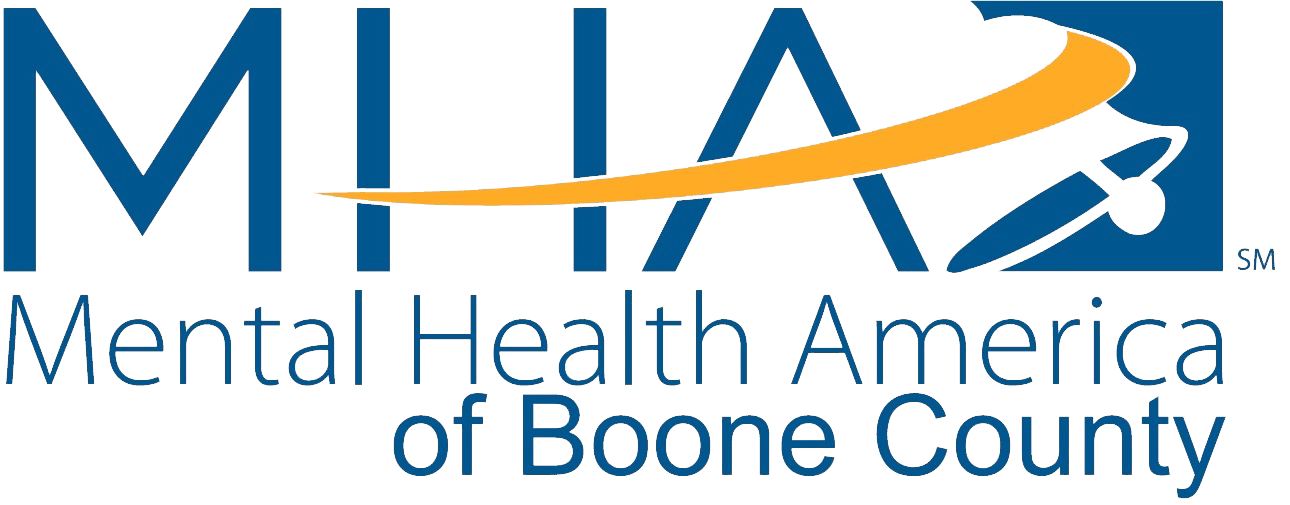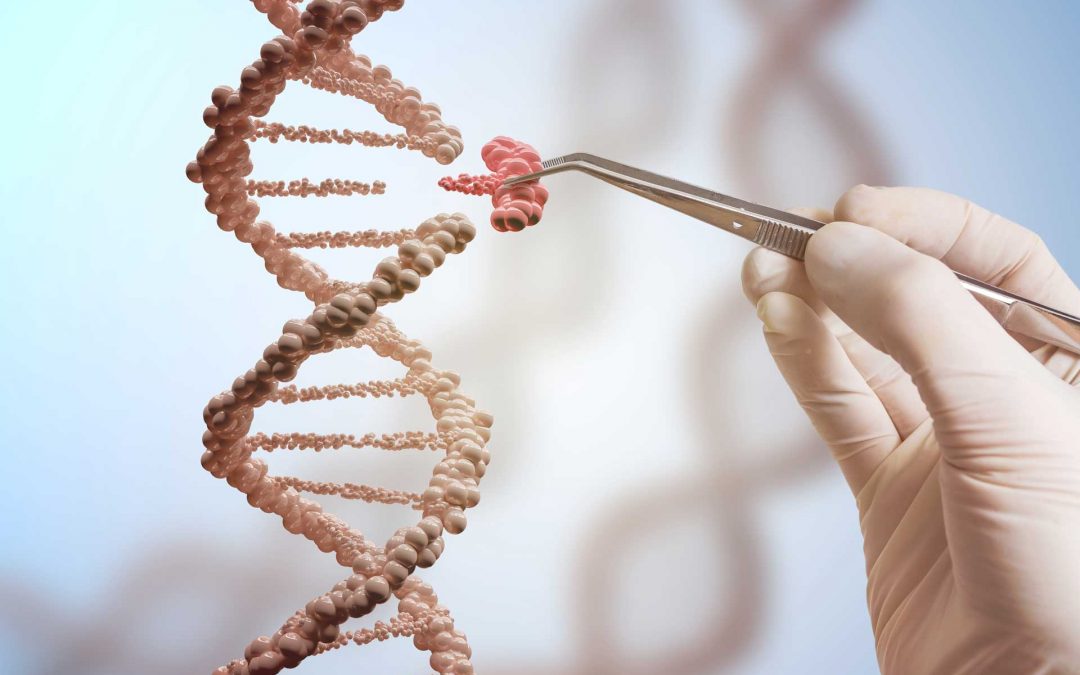Gene Discovery Could be the Key to Understanding Binge Drinking. Binge drinking is extremely harmful and causes severe health implications such as liver failure, heart disease, strokes, and an increased risk of cancer. Furthermore, poor performance at work and school can be blamed on late nights spent binge drinking followed by a sluggish, substandard performance throughout the day.
A night of heavy partying will involve overindulgent drinking, which many individuals fail to take seriously, and blame on a lack of willpower. However, there are individuals who practice exemplary control and do not drink more than one glass. In the past, this variance in behavior among individuals was blamed on the aforementioned lack of will and restraint.
But a recent discovery by scientists claims that certain individuals are genetically predisposed to consume larger amounts of alcohol and are more susceptible to binge drinking. The fault, they say, is on the genes an individual is born with.
What are Genes?
Genes are a biological, hereditary sequence of nucleotides, made up of DNA. These genes act as a set of instructions within your body that make proteins, build bones, and control digestion among many other things. There are two sets of each gene within an individual, one from each parent.
What Causes You to Binge Drink?
The reasons for binge drinking vary among drinkers. However, there are certain common brain areas that are activated when an individual partakes in binge drinking. These areas are the amygdala and the ventral tegmental area. (VTA)
The amygdala is related to stress and anxiety while the VTA is a pleasure center. When drinking, neurons present in the amygdala are activated as well as those found in the VTA, causing you to binge drink.
What Science Says
According to research, scientists have found that the TLR4 receptor present within the brain can be artificially manipulated to exhibit lowered levels, which causes a reduction in an individual’s urge to drink.
The testing was done on rodents that had been trained to drink an excessive amount of alcohol to simulate real-world binge drinking conditions. The researchers at the University of Maryland where the testing was done manipulated GABA and TLR4 receptors which according to them led to a profound reduction in the rodents’ desire to drink alcohol.
How is Alcoholism Treated?
Conventional medical wisdom dictates that the answer to curtailing drinking habits lays in pharmacology. Binge drinkers are prescribed Campral or Revia, and withdrawal symptoms are managed by prescribing Valium; this should be used with care as it is itself an addictive substance.
The hope is that further research on gene manipulation and its effects will lead to the creation of an alternative drug that is less addictive. Alterations in the genetic makeup would entail immediate results and practitioners could induce a similar response in binge-drinkers as the receptors caused in the rodents. This would present a practical, long-term solution for dependent individuals without the possibility of relapsing.
Conclusion
Further research into genes and discoveries made in that realm can inform medical practitioners of other less harmful and more permanent ways of reducing the genetic predisposition of some toward alcohol dependence. However, while research related to this area of brain chemistry is gaining ground and is hopeful, individuals prone to excessive or binge drinking should still seek help through a mental health provider that specializes in treatment of addictions, and should consult their primary care doctor.


Recent Comments